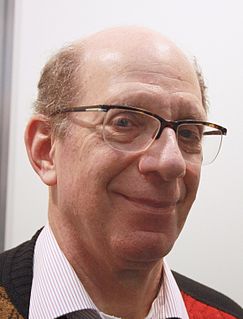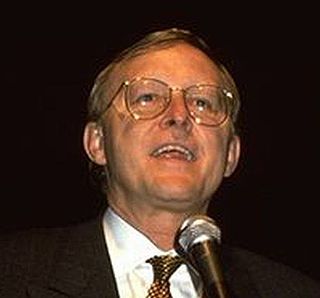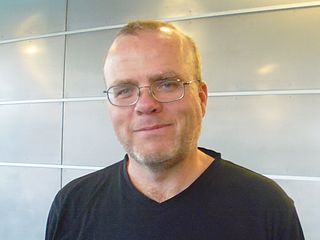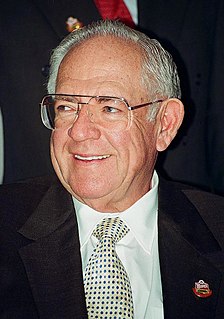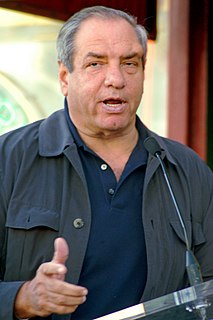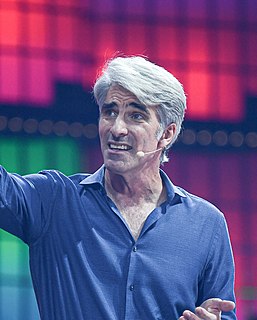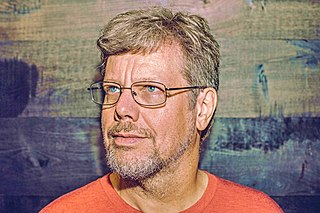A Quote by Andrew S. Tanenbaum
Sequential programming is really hard, and parallel programming is a step beyond that.
Related Quotes
My impression was and is that many programming languages and tools represent solutions looking for problems, and I was determined that my work should not fall into that category. Thus, I follow the literature on programming languages and the debates about programming languages primarily looking for ideas for solutions to problems my colleagues and I have encountered in real applications. Other programming languages constitute a mountain of ideas and inspiration-but it has to be mined carefully to avoid featurism and inconsistencies.
My basic idea is that programming is the most powerful medium of developing the sophisticated and rigorous thinking needed for mathematics, for grammar, for physics, for statistics, for all the "hard" subjects.... In short, I believe more than ever that programming should be a key part of the intellectual development of people growing up.
Men are noisy, narrow-band devices, but their nervous systems have very many parallel and simultaneously active channels. Relative to men, computing machines are very fast and very accurate, but they are constrained to perform only one or a few elementary operations at a time. Men are flexible, capable of "programming themselves contingently" on the basis of newly received information. Computing machines are single-minded, constrained by their "pre-programming."
